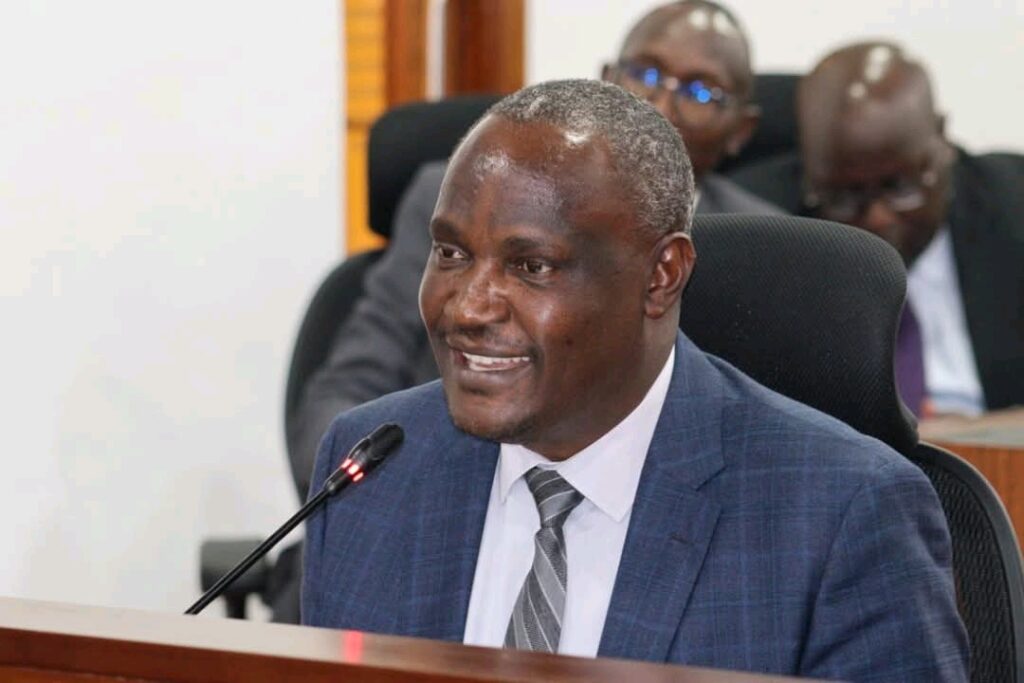Ruto’s Govt Gives Update on Ksh340bn High Grand Falls Dam Project
Share
Kenya’s Sh340 billion High Grand Falls Dam project on the Tana River, which was halted by the National Treasury in July, is now set for review under stricter terms.
The multipurpose dam, designed to straddle Kitui, Tharaka Nithi, and Embu counties, had been envisioned to generate 700 megawatts of electricity, irrigate 400,000 acres of farmland, and store about 5.6 billion cubic metres of water.
Energy Principal Secretary Alex Wachira recently said: “The dam that will cost Ksh340 billion will be the fourth largest in the continent.”
Officials had pitched the project as a transformative investment capable of boosting energy supply, food security, and flood control.
However, the Treasury terminated the deal after finding that the Project Development Report (PDR) failed to meet requirements under the Public Private Partnerships (PPP) Act.
The report cited gaps in feasibility studies, environmental safeguards, biodiversity protection, and water demand analysis.
“The project did not satisfy critical regulatory thresholds necessary for approval,” the Treasury stated, adding that the National Irrigation Authority, the contracting agency, may be required to restart the procurement process.
Change in Construction Cost
The dam had earlier been floated under a PPP framework with shifting cost estimates.
A UK-based consortium signed a memorandum of understanding with the government in 2023 at a projected Ksh425 billion.
The figure was later revised to Ksh337 billion before settling at Ksh340 billion in current proposals.
Other Functions
If completed as planned, the High Grand Falls Dam would join Africa’s largest hydropower projects, though its ranking as the “fourth largest” remains subject to definition.
The continent already hosts megastructures such as Ethiopia’s Grand Renaissance Dam (6,000 MW) and Egypt’s Aswan High Dam (2,100 MW).
Beyond energy, the project was expected to regulate river flows, reduce flooding downstream, and boost water supply for domestic and industrial use across eastern and coastal regions.
Despite the cancellation, officials have signaled that the project could be revived under new terms.
The Treasury has directed that any fresh proposal must undergo more rigorous technical, environmental, and economic scrutiny to ensure compliance with Kenya’s PPP law.

CS John Mbadi speaking at Bunge Towers on E-Procurement rollout. PHOTO/ Parliament of Kenya Facebook.
